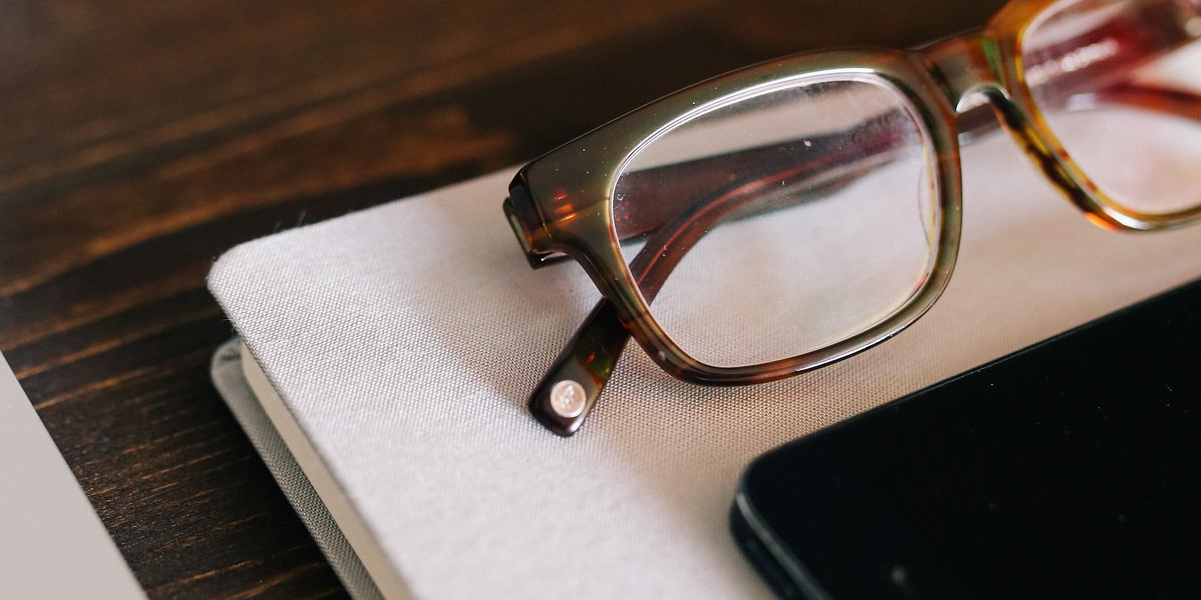
August 2, 2019, by Leah Sharpe
Making A Good First Impression – Five Things You Can Do Before You Start Work
By Christian Jameson-Warren, Employability Education Projects Officer
For many people, starting a full-time placement or graduate job can be very daunting. To help, here are five things you can do before you start to make a good first impression.
1. Connect with new colleagues on LinkedIn before you start
Send a personalised invite saying that you’re excited to work with them. If you get a message back, consider asking a friendly question such as ‘what do you like most about working at the organisation?’ This will help you with creating a positive working relationship and make introductions at work easier as you have already had a positive conversation.
2. Send your manager (or HR) a message to ask if there’s anything you would benefit from preparing
You may have already been given information about what to bring on your first day (e.g. passport, ID), but if you feel comfortable, there may be value in asking if there’s anything additional you can do to be better prepared for your first day. Even if the answer is there isn’t anything, you’ve lost nothing by asking and it shows you’re motivated to do well. If you haven’t been given any information about what to bring on your first day or have any questions about this, it’s best to ask in advance and get clarity.
3. Prepare an introduction for when you meet new people and they ask about you
Consider a short past-present-future narrative highlighting how you’re looking forward to working in the organisation, for example:
‘I’ve just graduated in A, what I like most about that was B, so I wanted to get a job in C. I’m really looking forward to my placement here because D’.
Or
‘I’m a X student who is really interested in Y, and am looking forward to doing my placement here because I want to learn more about Z’
Practising how you introduce yourself will also help you feel more confident when meeting new people.
4. Prepare specific questions to ask your new colleagues
It is helpful for building good relationships with colleagues to understand what each person is trying to achieve in their own role, and how your job supports this. It can be beneficial to prepare some questions you would like to ask to help you better understand this, such as ‘what are your specific objectives?’, ‘how does my role support you in achieving these?’ (although of course, don’t agree to any work your manager wouldn’t want you to).
5. Have strategies for managing nerves
While it’s perfectly normal to feel nervous, if nerves are a serious issue it’s okay to acknowledge them and look at strategies to manage them. Techniques include:
1) picturing yourself confidently going to your new workplace and meeting your new colleagues
2) reframing your thoughts, e.g. focusing on what you can gain and learn from the experience rather than worrying about things that could go wrong
3) breathing exercises to help you feel ‘grounded’ in the present instead of worrying about the future
Did you get the job you were hoping for? Congratulations! Remember you can use our services after you graduate to help you build your career during your working life. Visit our website for more information on how to make a positive first impression.

As someone who has employed a number of graduates straight out of university I can confirm that this post offers very sensible advice. One extra tip I would like to add is to ask if there are any social activities happening that you might be able to join before your start day. That gives you the opportunity to meet your new colleagues on a more informal basis. So they will already know a bit about you and your first day in the office might seem just that little bit less intimidating.
The article gives amazing advice especially about preparation, most of the time when you get to an interview you might just go blank. Preparation is key.